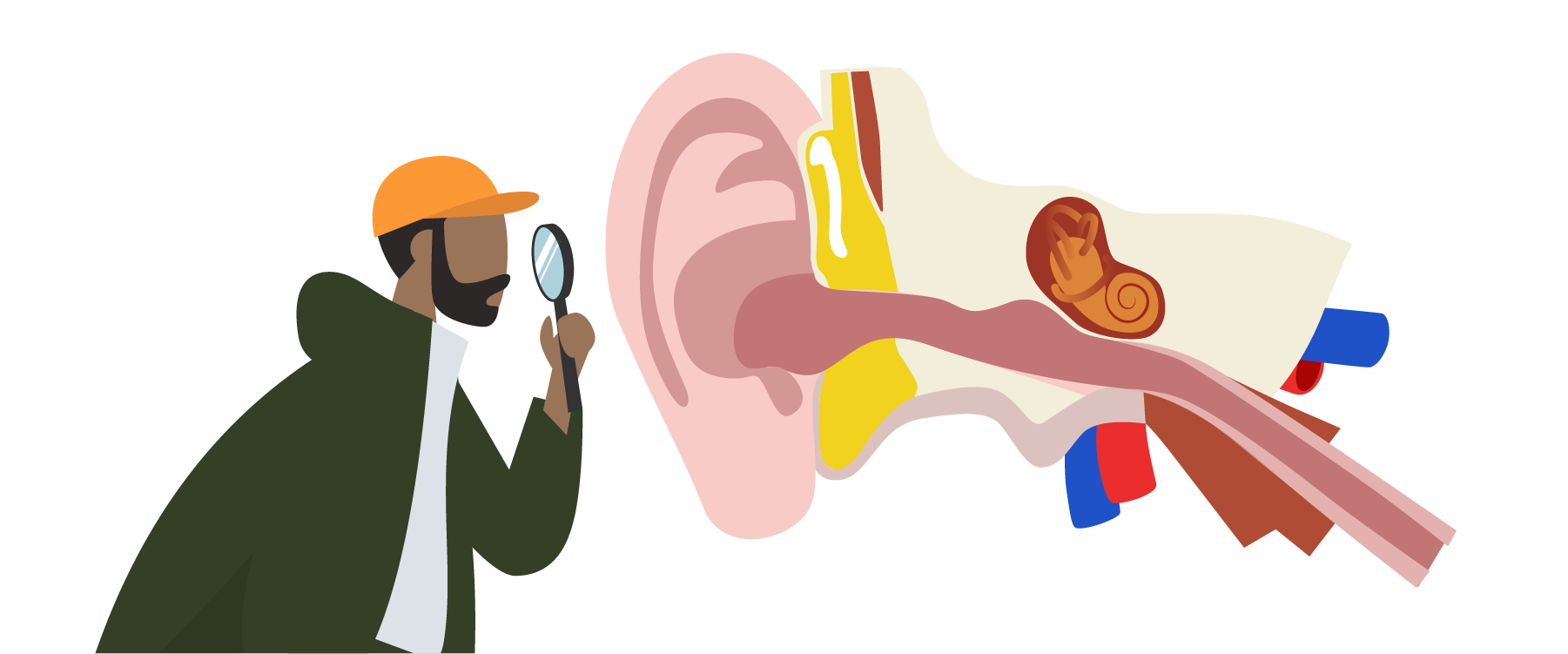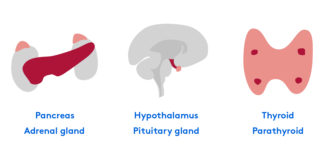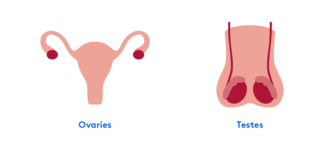The ear is one of the most important sensory organs to study and understand for the MCAT, as it has far reaching applications in biology, chemistry, physics, and psychology. In this webinar, we will cover the anatomy of the ear and the physics behind how the ear detects sounds.
The Ear






